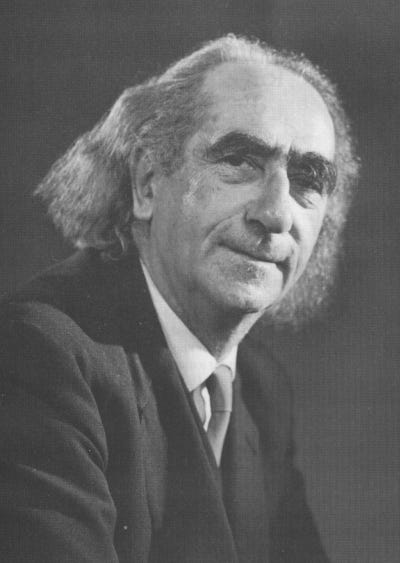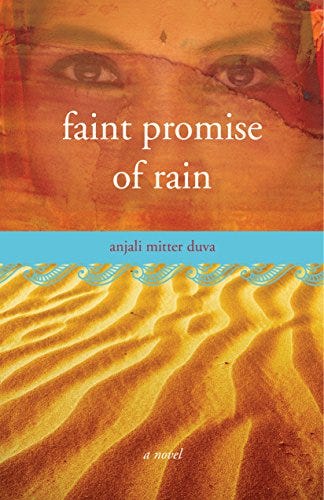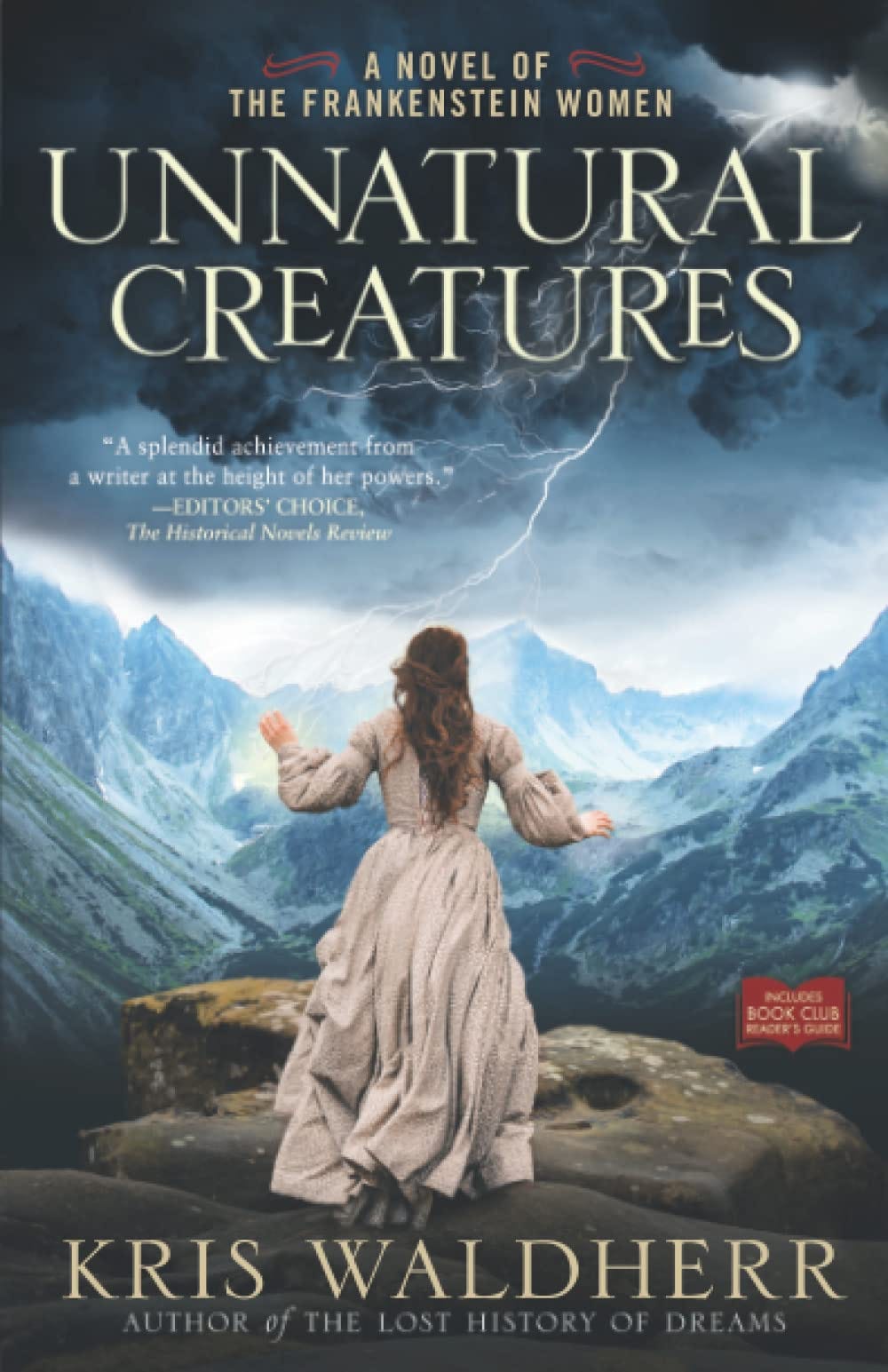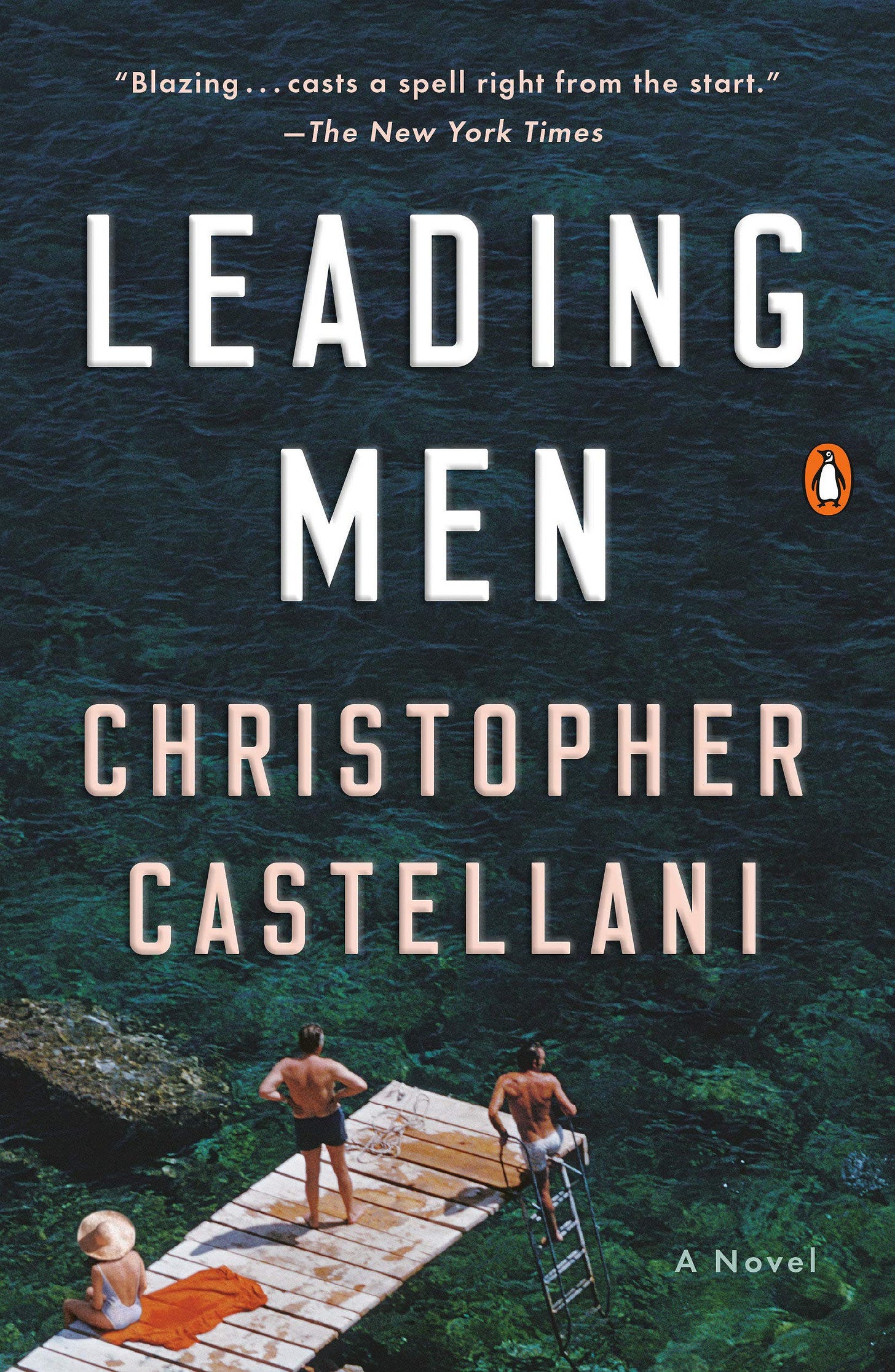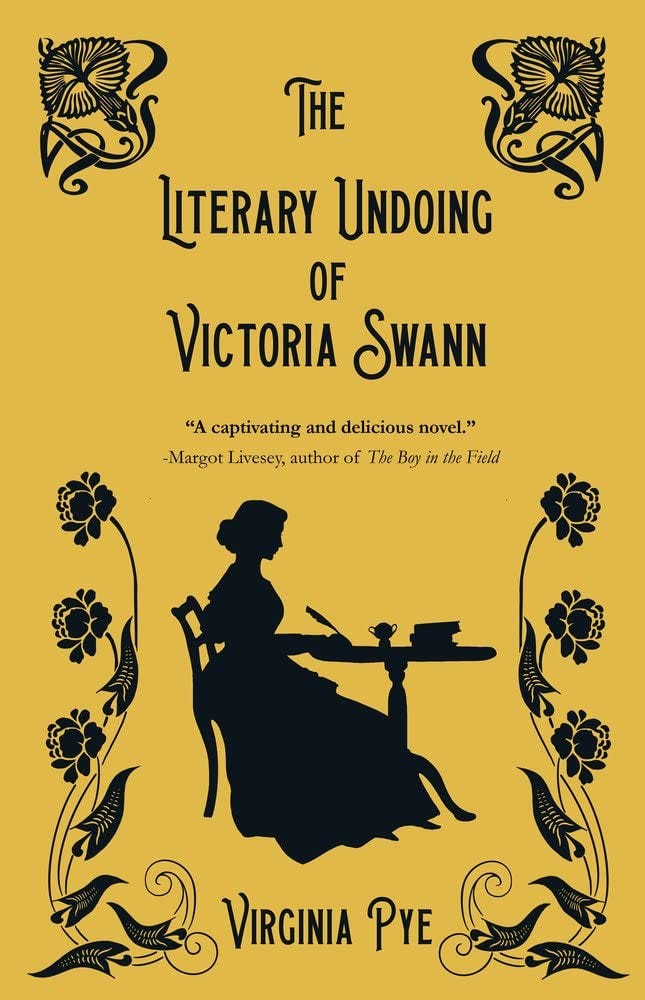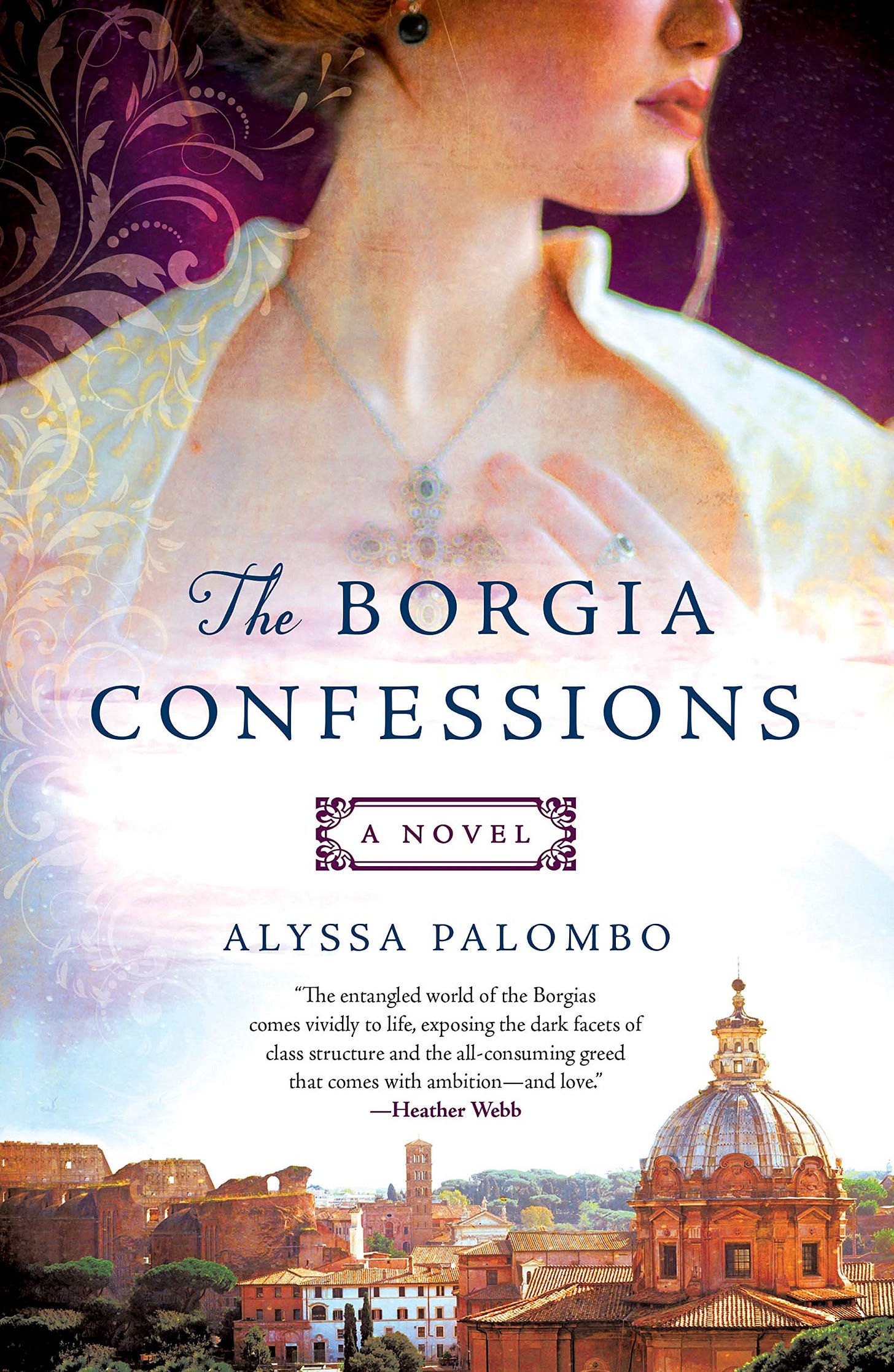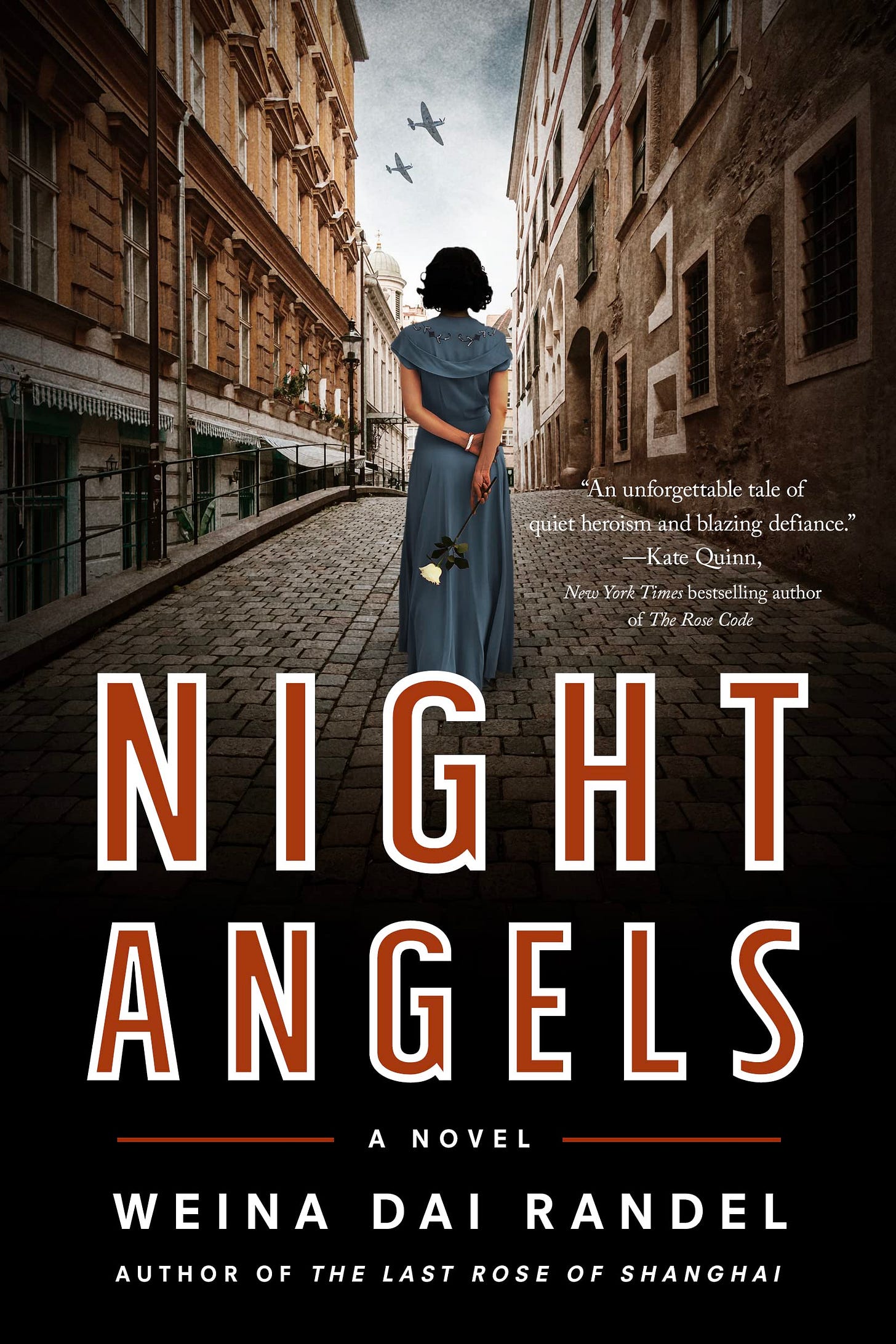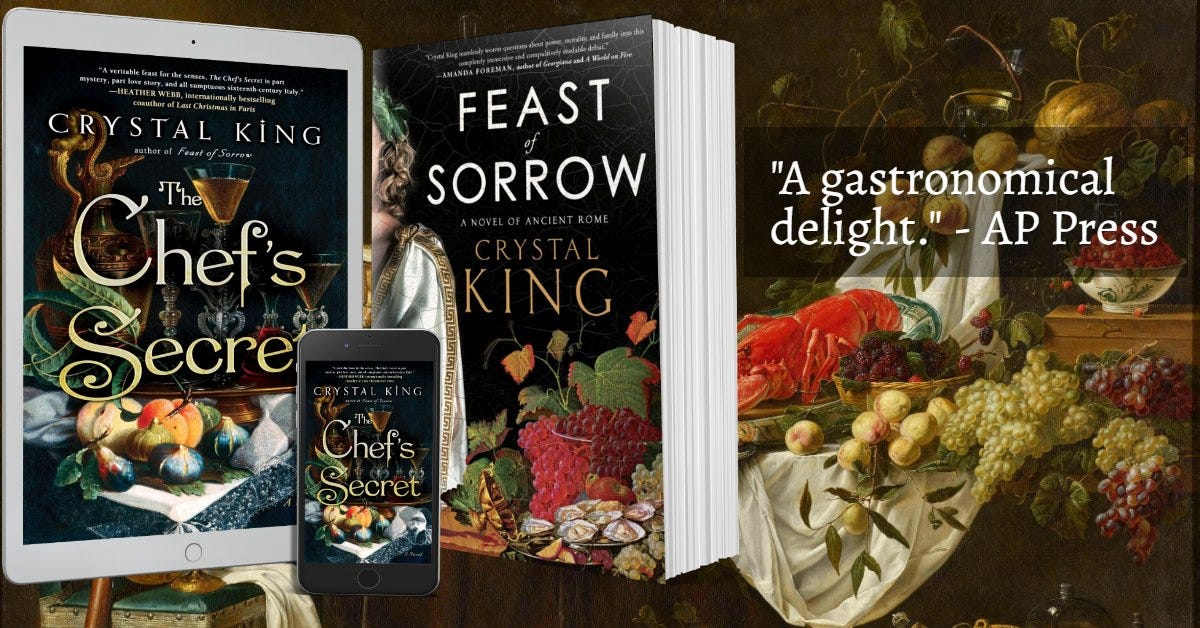
A quick note: Substack now has Notes, a pretty sweet challenger to Twitter. Plus it’s a great way to find other writers and readers. You can follow me and my Notes here!
Now back to the history.
Not long ago, I reconnected with a former colleague, Rob, who, it turns out, is a writer as well. He has been working on a novel about Thucydides and his writing of The Peloponnesian War. We’ve had a number of long, fascinating conversations about history over the last couple of years. He asked me once why I want to write about the historical past. I touched on this a bit for Lit Hub back when Feast of Sorrow had not yet been born:
“Feast of Sorrow is set in first-century Rome, during the time of dictators Augustus and Tiberius Caesar. Though the political parallels between now and then are many, what really stands out to me is the human connection to food and money, an idea I try to explore through the character Apicius, a gourmand who flaunts his wealth through food.”
And that certainly is one aspect of it for me. Throughout the centuries, there have been many of the same food disparities between the ultra-rich and the poor, and our politics are deeply caught up in the reason why that is still the case today. But it goes a little deeper than that. I’m curious about why some things in the world have evolved, but at the same time, we’re still stuck in old patterns of thought. I’m also fascinated with the recycling of ideas and information into new formats. A great example of this is how what we’re seeing in AI is not dissimilar to the shift that happened when Gutenberg irrevocably changed the world with the invention of the printing press.
History is always repeating itself. And that’s just it…we’re in a fascinating spiral of moving forward and back. As a writer, how could my curious mind not want to know more about that?
To that end, I asked Rob, and a few of my other fellow writers why they write about the past.
Rob Rosen
I first met History wandering into a college ancient history class, the least worst way to fulfill a distribution requirement. Russell Meiggs appeared, an Albert Einstein shock of white hair falling across his shoulders.
Unbeknownst to me, this leading Oxford historian of classical antiquity was spending his sabbatical semester here with us at Swarthmore. Perched on the front of his desk, he beckoned everyone up front for a dramatic reading of Aristophanes’ The Birds. We stood about awkwardly until he pointed a crooked finger at one unlucky soul and commanded, “Begin!” We stumbled over the Greek names without a whit of drama while he fidgeted in annoyance. Finally, he jumped up and thundered, “These were real people who lived real lives, just like ours, over 2,500 years ago.”
We stared back, dumbstruck.
“They! Didn’t! Shit! Marble!” Then, hands flapping, he directed us back to our seats with, “They were crude, they were foolish, they were vain, they had hopes and dreams.”
Meiggs pushed us hard. We read history, literature, and pottery shard ostraca (the ballots they used when they voted to banish a politician from Athens). I struggled at first but eventually fell in love with a society that seemed so human, modern, and immediate. After college, I got a “real job,” and spent a career as a technologist, but now, after a lifetime of thinking and writing, I am drawn more than ever to those who lived 2,500 years ago because it seems we live our lives in parallel but for the distance of time. I am drawn to History because I believe that understanding the past and what, to paraphrase Professor Meiggs, those who did not shit marble are still trying to tell us is our handbook for our survival.
Anjali Mitter Duva - Faint Promise of Rain
My entry point to writing novels was through dance. I joined a class in kathak, a storytelling classical dance of North India, and quickly became fascinated with the story of the dance itself. With a little research, I discovered how rich and complex this story was and how it paralleled the history of India. That's how I came to write historical fiction. I wanted people in the present to discover and understand all that had come together, all the threads of history that formed the braid that is now kathak dance. When one goes to a performance today, what one sees is the result of Hindu traditions blended with Muslim ones, devotional aspects rooted in temples blended with entertainment aspects from royal courts, and woven throughout is the effect of colonization and British rule along with India's struggle for independence. I've always been fascinated by what is behind the scenes, hidden from view but integral to what one sees. My background was initially in infrastructure planning; I studied the networks of pipes and tunnels and connections underground that make a city function. In some ways, writing historical fiction is the same: unearthing what is hidden to understand what is visible.
Kris Waldherr - Unnatural Creatures
For as long as I can remember, I’ve been obsessed with the past, in particular, the nineteenth century. Writing historical fiction enables me to immerse myself in that world as well as pay tribute to my favorite authors, such as Mary Shelley and the Brontës. I especially adore the research process involved in writing historical fiction, which is nearly as compelling as writing the novel itself. Finally, from a creative standpoint, I love the plotting opportunities historical fiction offers. Between the technological constraints—no Google or cell phones—and the social restraints of class and gender, I can’t imagine having this much fun writing about contemporary life.
Christopher Castellani - Leading Men
In my own efforts in the genre of historical fiction, I’ve taken the estimable Thomas Mallon’s words to heart: “Two occasions best call for the historical novelist,” Mallon says: “when the facts have been lost to time, and when a time has been lost to the facts.” What does he mean by this? “When the facts have been lost to time:” – when the facts are missing or questionable, when they require digging up. “When a time has been lost to the facts:” when we have all the facts, but they still prove insufficient and still require the deepening, shading, enriching, and nuance of language. Historical events happened in one way and one way only; Mallon reminds us that it’s only their meaning that is open to interpretation. Who better to embark on that quest for meaning, to conduct that inquiry and that interpretation, than fiction writers, and what more effective method do we have to see what historical characters are really made of than to push them down roads not taken?
Virginia Pye - The Literary Undoing of Victoria Swann
Historical fiction is, first and foremost, fiction. At the start of my career, I wrote contemporary novels set in cities I’ve lived in and with characters who could’ve been my family and friends. But it wasn’t until I wrote about early twentieth-century China that my imagination fully took flight. Placing a story in a distant place and time helped me fully realize my invented world. My forthcoming novel, The Literary Undoing of Victoria Swann is set in Gilded Age Boston and although its central themes may resonate today, that radically different era helped me create more freely. Setting a novel in an imagined past, albeit well-researched, can be key to unleashing a writer’s—and, hopefully, a reader’s—imagination.
Alyssa Palombo - The Borgia Confessions
I write historical fiction because I think it's the closest we can get to time travel. I love history, and so I want to share that love with readers and make history and the people who lived it come alive. People in the past weren't so different from people today in many ways - human beings, no matter when they've lived, have always been pursuing things like love, happiness, power, money, etc., and reflecting on that commonality can be illuminating. Too, I also think historical fiction - both reading and writing it - allows us to see all the ways in which humanity has progressed over time, as well as how far we still have to go.
Weina Dai Randel - Night Angels
Emerson said, "Fiction reveals truth that reality obscures." This cannot be more accurate when it comes to historical fiction. Historical fiction has always been my favorite genre. I write novels based on recognizable historical events or important historical figures who have accomplished something extraordinary or made a mark in history. For instance, my first two novels were about Empress Wu Zetian, the first and only female ruler in China. With my recent novels, The Last Rose of Shanghai and Night Angels, I wanted to add China and Chinese to the existing narrative of WWII. While the European history of WWII is relatively well-known, the stories in Asia remain on the periphery of history. It's time for us to have a global view of the war, its devastation, and its subversion. I write historical novels because I want to give women a voice. Historically, women’s stories are overlooked, overshadowed, and ignored. But it's important to understand women played an important role in history, and it's time we look into their lives and struggles and understand the journey our forbearers had gone through. I write historical novels because I want readers to know that a hero has many faces, he can be someone you have never heard of, and he can be a she, and most importantly, there is a hero inside every one of us if we choose to care.
What’s Bringing Me Joy This Week
History of my own era, the 80s. Long but if you ❤️ 80s New Wave, worth a watch.
This site for your Rainy Mood, to help you study or sleep.
So many Games For Your Brain!
Congrats 🎉🎉to Christine Harper and Karen Mercer, the winners of last week’s book giveaway of Strangers in the Night by Heather Webb and The Hidden Life of Aster Kelly by Katherine A. Sherbrooke! I’ll do more book giveaways in the future, so stay tuned.
Thanks for joining me this week!
If you love food and love Italy, and haven’t read THE CHEF’S SECRET or FEAST OF SORROW, click the links to learn where to buy your copy! 🍒🍗🍷
You can also follow me in these places too:
Website | Instagram | Facebook | Mastodon | Twitter | BlueSky: crystallyn.blsky.social


